The order could not be shipped.
The order was successfully shipped.
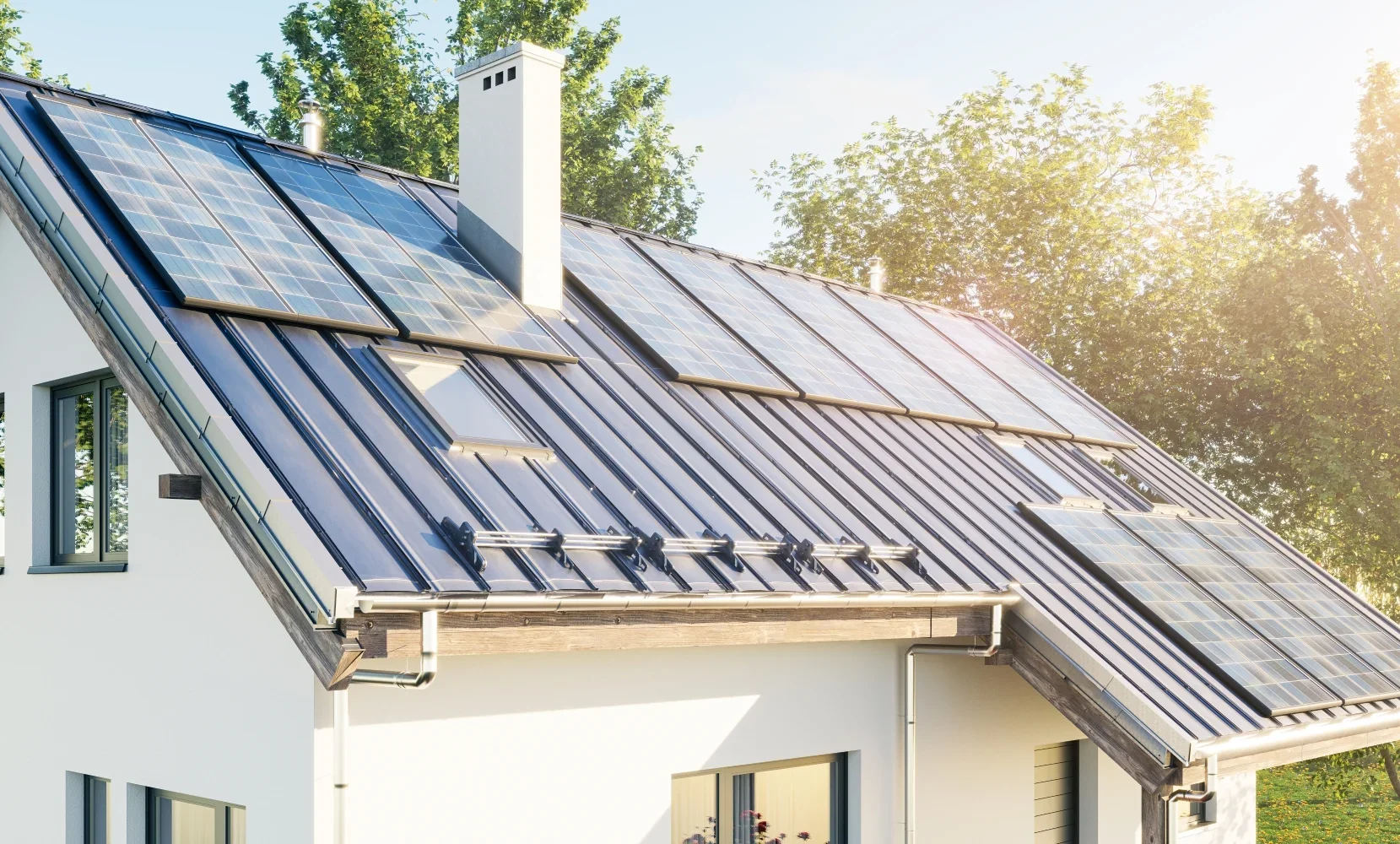
Efficient use of energy
In everyday life, we use energy for many things, such as brushing our teeth, cooking, baking, stand-by operation of appliances and for lighting. Although energy is permanently available in this country, we should realize that it is valuable. Savings are more important today than ever before, both for our own wallets and for society and the achievement of binding climate targets. There is simply everything to be said for using energy as efficiently as possible and taking appropriate action. We have some ideas for you here that can help you save energy, too.
Energy management has always been a major issue in industry and commerce. Every supply bottleneck and every cent of price increase has far-reaching consequences here, simply because the dimensions are far greater than in private households. In industry, the right approach is decisive for sales and growth. That is why those responsible calculate far in advance. Investments in technologies that help use energy more efficiently are becoming increasingly important. A rethink has also been underway in private households for a long time.
Houses built before the first heat insulation ordinance in 1979 consume up to 5 times more energy than modern buildings. This applies to a total of two-thirds of all properties in Germany.
The heart of the modern energy management
Photovoltaic
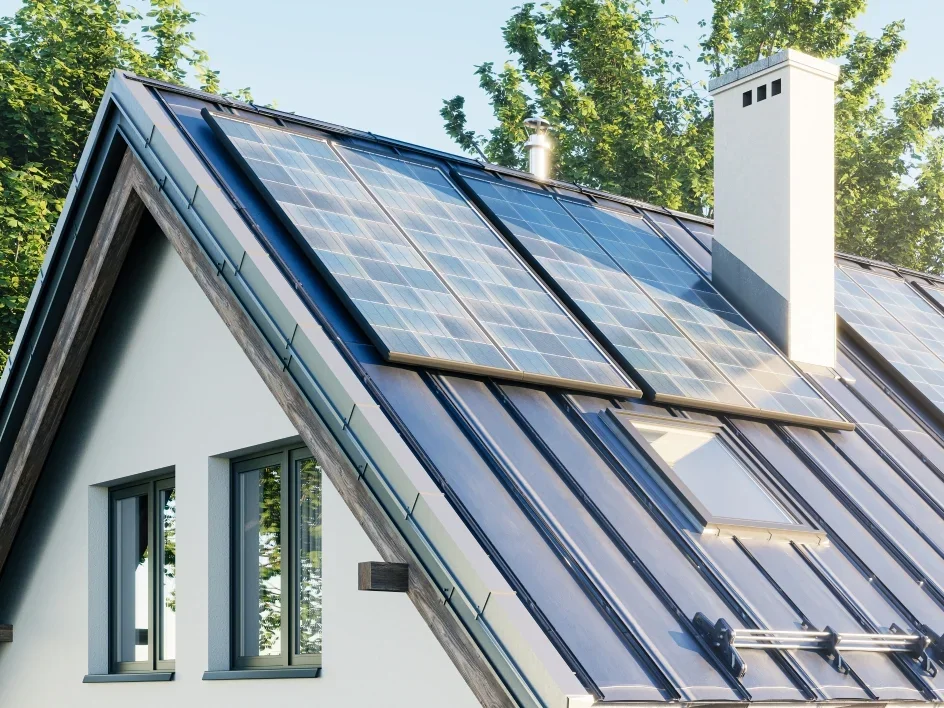
To be independent of external energy sources in the long term, an energy roof is an optimal solution. Currently, 10% of electricity is already generated via such roofs, but the target is to be increased to 65% by 2030. Therefore, the purchase and installation of photovoltaic systems is subsidized by the state. In order for the system to really pay off, it is important to consume as much electricity as possible in one's own household. Therefore, future consumption should already be taken into account when planning: Are there plans to convert the heating system to a heat pump? Will an electric car soon be parked in front of the house?
A little tip: Busch-Jaeger and its cooperation partner wibutler have created the possibility to expand the battery storage units for the Busch-free@home® system to the maximum. And not only that: the entire control system for energy supply can be managed with a single app. State of charge, energy surplus, total yield of the photovoltaic system, its system status and much more can be seen at a glance.
Heat source of the future
Heat pump
Perfect integration into intelligent energy management is also possible through the use of heat pumps. This uses clean electricity to efficiently convert surplus power into heat. The output can be automatically throttled if self-generated electricity is in short supply. Another advantage of heat pumps is that they do not require high maintenance. Heat pumps combine particularly well with underfloor heating. With a low flow temperature, the heat pump ensures ideal distribution of energy in the house. In summer, it can even provide cooling. A chimney is not needed to operate the heat pump, which saves additional costs in the long run.
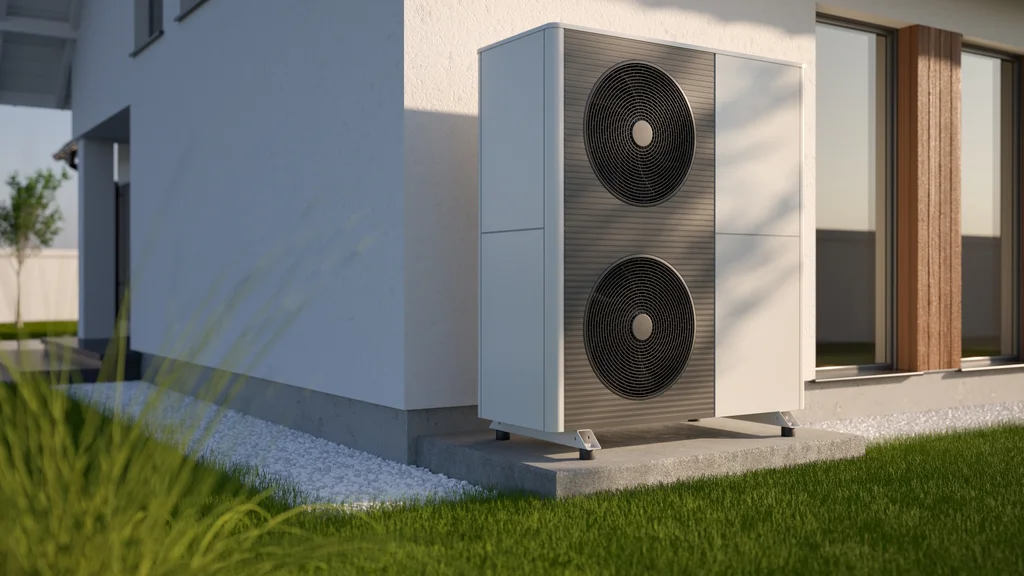
The heart of modern energy management
E-cars
Electromobility is clearly the future. The government's subsidies and the manufacturers focus are directed at this very technology. With the simple installation of a wallbox, you can also use the power of your photovoltaic system in a very targeted manner. Because it communicates with the intelligent energy management and charges as needed and according to the energy surplus. ABB and Busch-Jaeger offer you very well thought-out solutions that save you money in the long term.
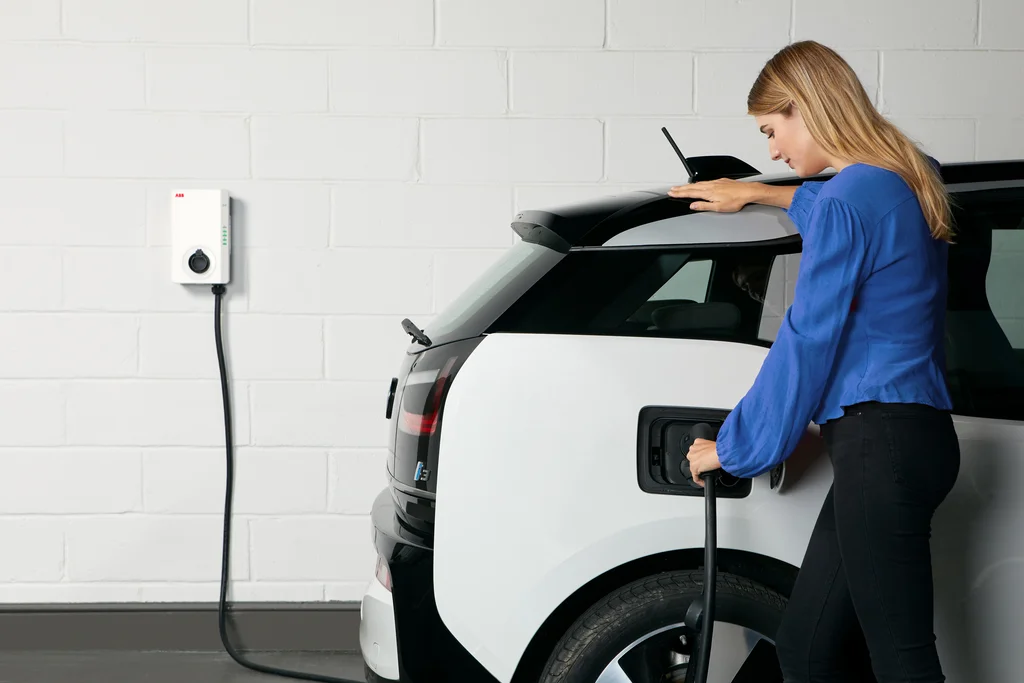
More helpers in energy management
Smarter Home Technology
- Room temperature regulators and intelligent thermostats, for example, independently control the heating output; once programmed, they optimize consumption without you having to constantly think about adjusting them yourself.
- Motion detectors react to the presence of people and automatically provide light - and also go out again independently.
- Blind controls in conjunction with a weather station help to protect rooms from overheating in summer. In winter, they support heat regulation.
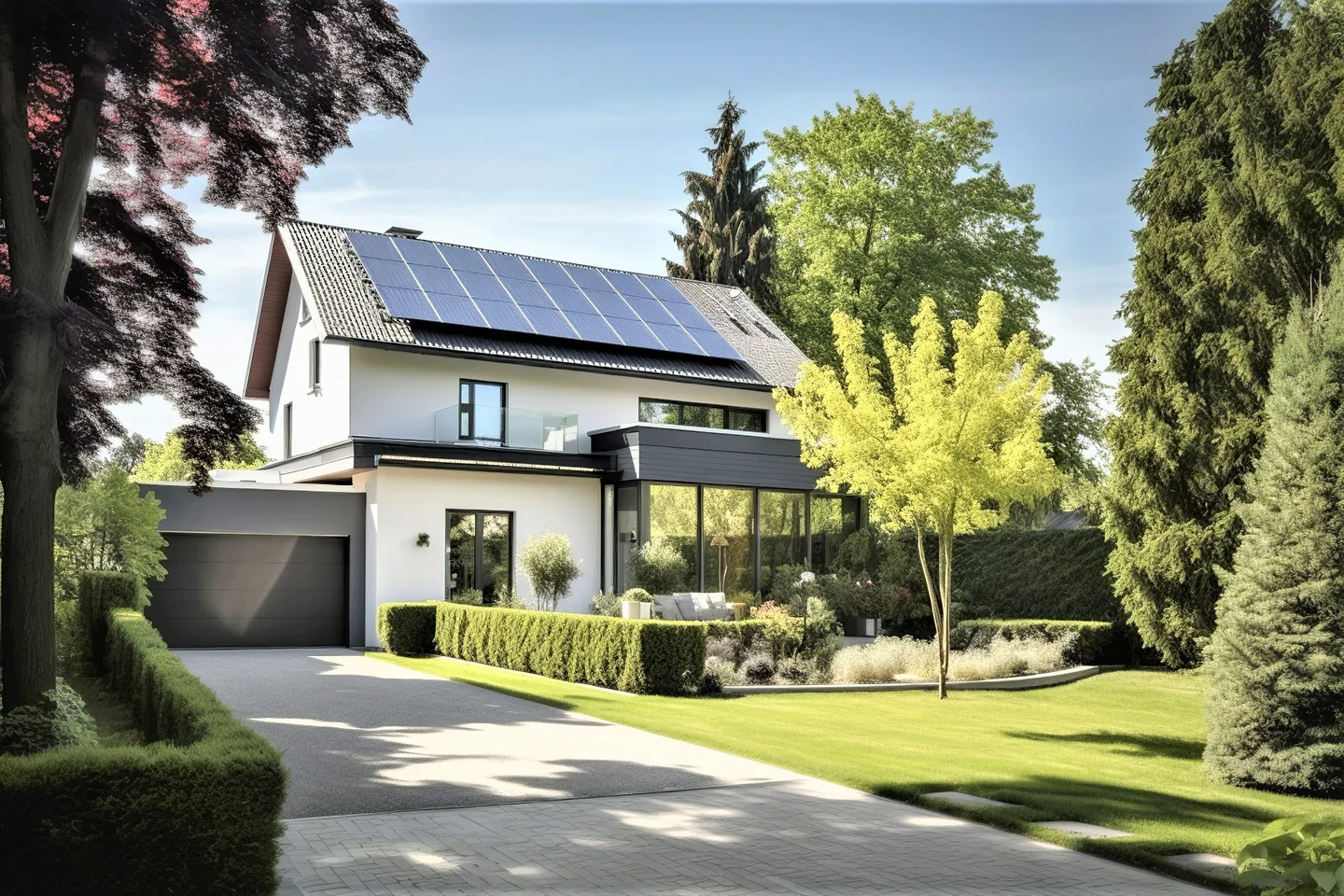
These are just a few examples. There will be many more solutions in the near future. Because innovations are the order of the day in the industry.
